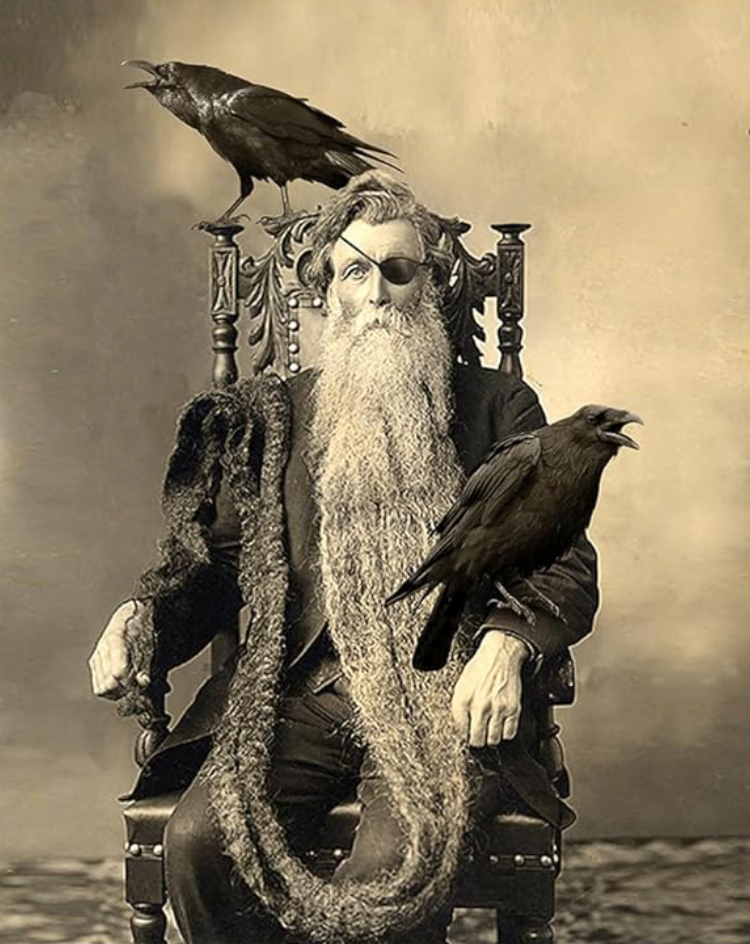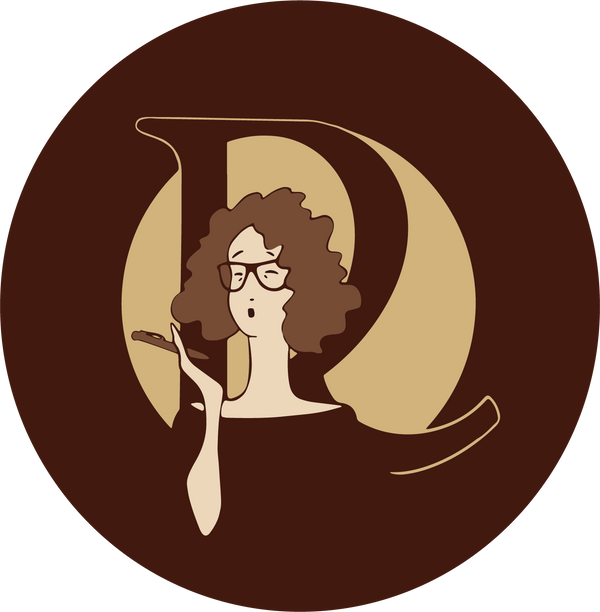
An Introduction to Corvus Blackwood: Scholar of the Aerial Perspective
Share
Being a preliminary acquaintance with the distinguished corvid chronicler
Forgive me for being over hasty. I failed to introduce myself properly to those unfamiliar with my particular contribution to the understanding of human behaviour and historical oddities. I am Corvus Blackwood, Fellow of the Royal Ornithological Society, and what might charitably be termed a lifelong student of human folly, though I prefer to consider myself an impartial observer of anthropological phenomena from the advantageous perspective of superior altitude.
My credentials for such observations stem not merely from longevity—though I have indeed witnessed considerably more than the typical human lifespan permits, but from the unique vantage point afforded by my species. While terrestrial scholars must content themselves with ground-level perspectives and second-hand accounts, I have enjoyed the privilege of direct aerial observation across multiple centuries and continents. This elevated position has afforded me insights into human behaviour that escape those confined to a single plane of existence.
My particular fascination lies with those remarkable individuals who operate at the margins of conventional understanding, explorers encountering unfamiliar customs, practitioners of ancient arts in modern contexts, and those whose abilities challenge the rigid categories of contemporary science. Whether observing Spanish conquistadors grappling with Amazonian spiritual practices or British water diviners demonstrating hydraulic intuitions that perplex geological experts, I find myself drawn to moments where human certainty encounters inexplicable phenomena.
Unlike my academic colleagues who must rely upon written accounts and scholarly interpretation, I have the considerable advantage of having been present during many of these encounters. My observations are therefore unfiltered by the typical prejudices of historical documentation. I have no particular allegiance to any human institution or theoretical framework, which permits a degree of objectivity rarely achieved in anthropological studies.
My methodology combines the precision of natural history with the philosophical curiosity of comparative cultural analysis. I observe not merely what occurs, but how different forms of human knowledge interact, conflict, and occasionally illuminate one another. The Spanish explorer's bewilderment at tsantsa preparation, Miss Miles's transformation of medieval water systems, Miss Bent's dramatic corporeal responses to underground streams—each represents a fascinating intersection between established understanding and mysterious capability.
These chronicles serve not as entertainment, but as serious contributions to our understanding of human adaptability, perception, and the persistent mysteries that continue to elude conventional explanation
